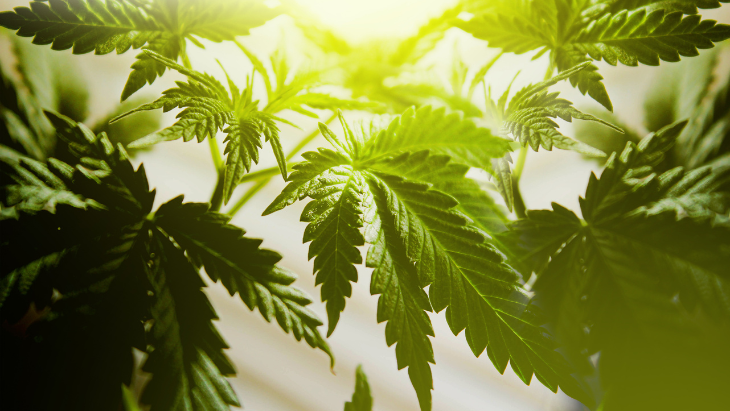A recent study has found that the legalization of recreational and medical cannabis in many U.S. states is affecting the prescription habits of doctors and the overall healthcare landscape. With the increasing availability of cannabis as a treatment option, many patients are opting for it over traditional pharmaceuticals.
The study analyzed prescription data across states that have implemented cannabis laws. Researchers discovered that states with legalized medical cannabis saw a notable decline in prescriptions for conditions such as pain, anxiety, and depression. For instance, opioid prescriptions dropped by an average of 14% in these states, indicating that patients may be turning to cannabis as a safer and potentially less addictive alternative.
In states where recreational cannabis is also legal, the trend continues. The analysis showed a 20% reduction in prescriptions for anxiety medications and a 30% decrease in prescriptions for sleep aids. These numbers suggest that patients increasingly prefer cannabis products to manage their health issues, leading to lower reliance on conventional drugs.
Moreover, the study highlighted specific patient demographics that are more likely to make this switch. Younger adults, particularly those aged 18 to 34, demonstrated a higher tendency to substitute cannabis for traditional prescriptions. This demographic shift could lead to long-term changes in prescribing practices among healthcare providers.
Researchers emphasized the importance of understanding how these changes in prescription patterns may impact public health and healthcare costs. While cannabis provides an alternative treatment option, it also raises questions about the long-term effects of its use and the potential need for regulatory adjustments.
Overall, the findings suggest that as cannabis becomes more accessible, it could reshape the landscape of medical treatment and prescription practices across the United States. This shift highlights the necessity for ongoing research into the efficacy and safety of cannabis compared to traditional medications, as well as the implications for healthcare systems nationwide.




